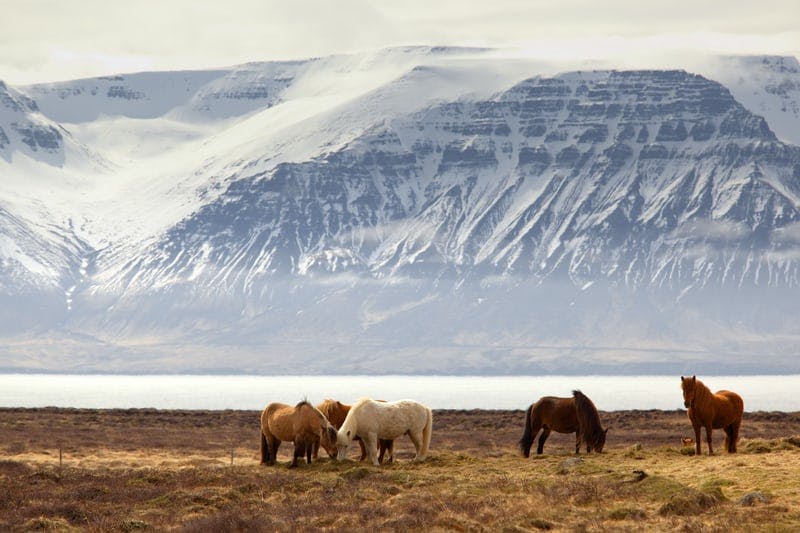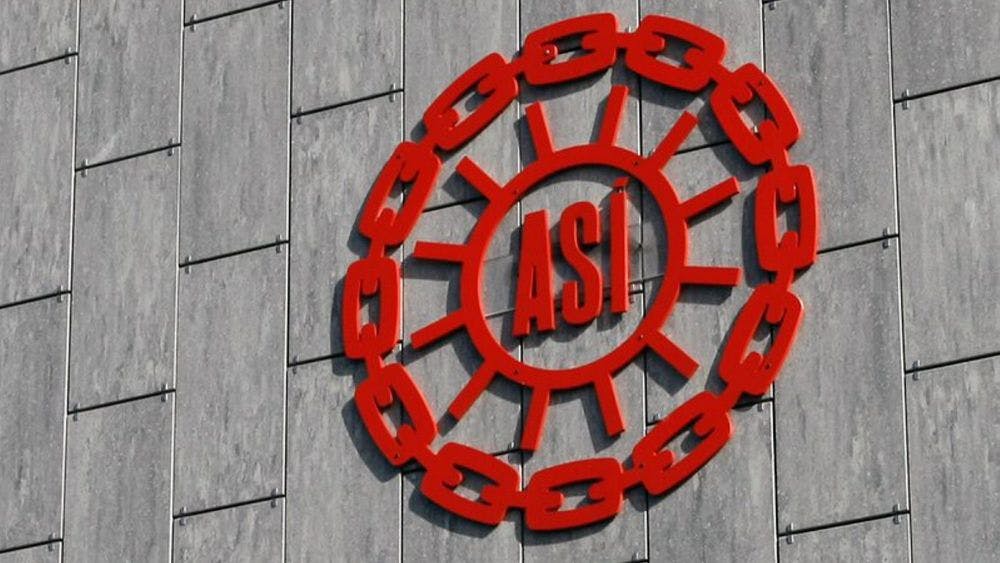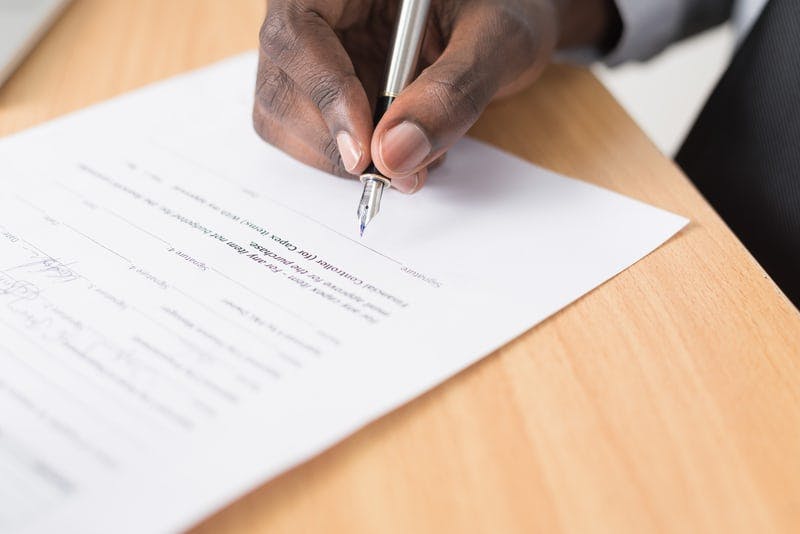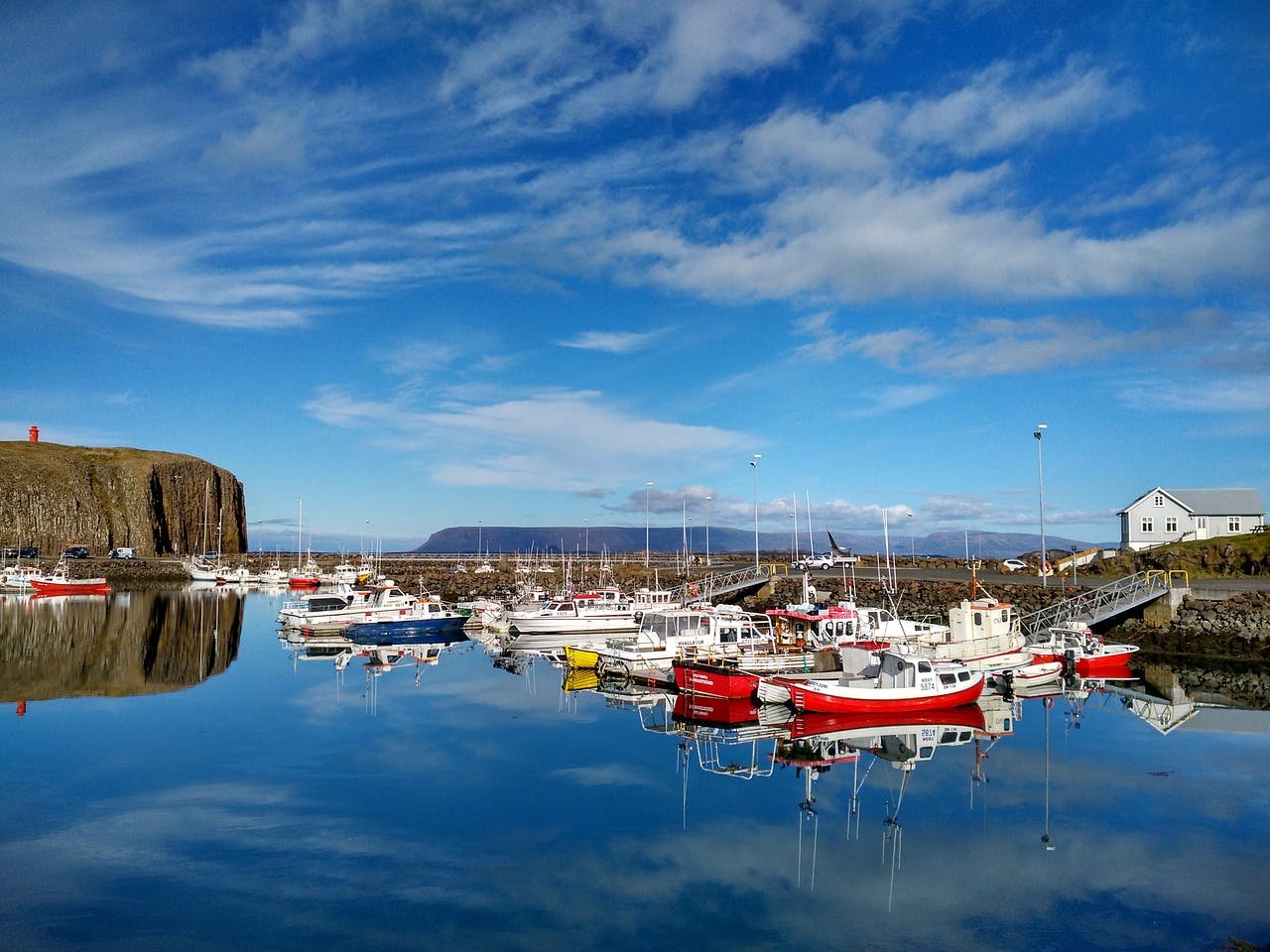Article
Understanding the Icelandic Business Culture
When most people think of Iceland, they imagine volcanoes, snow, waterfalls and perhaps Sigur Ros..
Certainly all these things are associated with Iceland, but the country has so much more to offer than that. Not many people think of the fact that Iceland also has a thriving and exciting economy.
Iceland consistently tops lists such as; the happiest people in the world, the highest-paid per capita, best gender equality in the workplace and many more. As a nation, Iceland has managed to achieve much of this without compromising on production, quality of life or labour rights.
So if Iceland is indeed all the things I’ve described above, what's it like to work there? What is the business culture like in Iceland so close to the North Pole? What are the rights of Icelandic workers?
Read on to find out more about business culture in Iceland.

How is Iceland’s Work Culture Different?
In Iceland, of course, the same basic business principles apply as in most developed countries. There are employers, employees, goods and services, and profit is made. However, if there is one key element of Icelandic business culture that is different, it is the relationship between work and life outside work.
Family, friends, social connections and leisure are all integral parts of Icelandic life. Icelanders are hard-working people, but they don’t just live to work; there must also be a balance between work and life.
Icelandic workplaces tend to be more relaxed, open, friendly, and more flexible than workplaces in other countries.
This isn’t typical of every workplace, but it’s not unusual to see a child or two hanging around the break room from time to time because a babysitter has canceled or the school has closed early. In many countries, employees would not dare to do such a thing. Nevertheless, people in Iceland are well aware that people also have a life outside of work.
Business culture in Iceland is more in line with the understanding that to get the most out of an employee, there needs to be an understanding that they don’t solely exist to serve an employer.
Perhaps this attitude is a side effect of being such a small population. The people who work for you are more likely to be someone you will actually get to know, rather than just a cog in a wheel of productivity.
Another thing that sets Icelanders apart from other Nordic Nations is that they are more spontaneous and adaptable to changes in situations or plans.
The Danes, for example, tend to be very organised and make plans for the future. There are jokes by Icelandic comedians about this, in which the Danes mention that they do not have time for a meeting until week 34. This is something you will not really experience in Iceland.
The last main difference in the culture of business in Iceland is that a company’s staff turnover is almost a direct representation of the level of satisfaction employees have. This is because there has been a relatively low rate of unemployment in Iceland for a long time.
To put it simply, a large portion of the Icelandic workforce know that they could find another job somewhere else relatively fast, so fewer people are staying in positions because they feel they ‘don’t have any other choice.’
So when you land a job interview, if you discover the job has been advertised 4 times in the last 18 months, you probably won’t need to dig too far to realise that’s a huge red flag.
What are the Working Hours in Iceland?
Legally the Icelandic Government currently defines a full-time workweek as 37.5 to 40 hours.
This is typically done over a 5 day week, Monday to Friday. Staff usually have a lunch break or typically half an hour to one hour. In total, this usually equals around 40 hours in the office.
The starting times of the workday can vary depending on the industry, but most offices begin their hours of operation sometime between 8 am and 10 am.
In some businesses, there isn’t really a set start or finish time. In these cases, normally, it’s just expected that you are in the office by 10am and leave when you have finished your hours for the day.
As mentioned above, your whereabouts during the working day in Iceland are not really strictly regulated. For example, if you have a doctor’s appointment, most companies are perfectly fine with you attending this appointment as long as you make up the time elsewhere during the week.

Are There Labour Unions in Iceland?
Iceland has strong labour unions, and almost all employees in Iceland are members of a trade union. The role of Icelandic trade unions is to negotiate wages and working conditions in Icelandic collective agreements on behalf of their members. They are there to protect the interests of the employees.
The Icelandic trade unions also manage funds that are intended to benefit the members. These funds can, for example, help with sickness, holidays, training and professional development. The Icelandic trade unions can also offer their members legal support in the event of disputes.
Although almost every employee in Iceland is a member of a trade union, trade union membership is not a legal requirement. If an employee has chosen not to be a member of a trade union, they must still honour the terms of the collective agreements and pay contributions, so membership is still useful.
Trade unions in Iceland are also very important for the corporate culture in Iceland because they negotiate things like minimum wages and working conditions.

What Are the Main Labour Unions in Iceland?
There are a lot of different trade unions in Iceland. They provide representation across every kind of employee, and they are generally industry-based or geographically based.
Many of the unions join forces with other unions that represent employees in similar sectors or industries. There are four main trade unions in Iceland.
ASÍ (Alþýðusamband Íslands) is the oldest and arguably the largest. It was formed in 1913 and today represents just over half of the total Icelandic workforce.
Traditionally ASÍ has been involved with the fishing industry, electrical industry, skilled labour, and other technical industries but through some of its affiliations, it’s also now linked closely with other sectors like hairdressing and flight attendants.
The other three main trade unions are; BSRB (the Federation of State and Municipal Employees), BHM (the Confederation of University Graduates), and KÍ (the Icelandic Teachers’ Union).
Other trade unions exist outside the big four, like Efling, representing over 27000 workers in the greater Reykjavík area. Due to the high representation of foreign workers in Reykjavík in tourism and hospitality, many are members of this union.
How Can I Join an Icelandic Labour Union?
This is incredibly simple and is usually done on your first day of employment or even earlier. When you fill out your paperwork, there is usually a form or a box where you can indicate which union you want to be represented by for that particular job.
In most cases, an employer will have one main union that most of their employees belong to and you can choose that one, but you can also choose a completely different one. It's entirely up to you, but no employer should tell you that you have to choose one union over another.
Of course, if you were working in an office administrator role in Reykjavík, it would make more sense to be represented by VR (who deals a lot with office workers in Reykjavík) than it would to be represented by AI (the Icelandic Architects Association).
What Are My Rights As an Employee in Iceland?
The complete list of rights for an employee in Iceland is extensive. In many cases, the specific details depend on which industry you are working in and what collective bargaining agreements have been made by the union you pay dues to.
Having said that, there are some fundamental rights that all employees, including those who are foreign, are entitled to when working here.
Contract of Employment
A contract must be written and signed by both the employer and the employee within two months of the initial start date of employment.
In Iceland, an employment contract has to include the names of both parties, the place of work, a short description of the job, the terms of wages, the time expectations, and also pension funds and union membership.
If you come from outside the EU/EEA, the contract must also include evidence of your work permit. This is something to take note of in business culture in Iceland if you are a British citizen working in Iceland after Brexit.

Pay Statement
All employees in Iceland are entitled to a detailed statement of their salary, or ‘Pay Slip’. It must contain a breakdown of the employee’s wages and how they are calculated. All deductions must be itemised so the employee can easily identify which amounts were for taxes, pension and union membership etc.
This is especially important in Iceland because if there is a mixup with your taxes, in the eyes of the Icelandic Government, it’s the employees’ responsibility to find it, not the employer or the tax office.
Working Time
As mentioned earlier, the typical working week in Iceland is between 37.5 hours and 40 hours. This is dependent on the sector you work in as the trade unions have negotiated shorter working weeks for office workers and commercial workers.
The minimum lunch break for a worker is 30 minutes, but most workers usually take a 60-minute lunch break. There are also typically two 20 minute coffee breaks in a workday.
Periods of Rest
Workers in Iceland are entitled to a minimum resting period of 11 hours for each 24-hour period of work. These 11 hours must be consecutive. The maximum working time per week should not exceed 48 active working hours, including overtime.
Illness and Accidents
If an employee cannot work due to sickness or accident, they are entitled to paid sick days from their employer for a limited time. Generally, in their first year of employment, an employee will earn 2 days of paid sick leave each month.
If an employee is unfortunate enough to sustain a work-related injury that takes them out of action, they will receive their accrued paid sick leave, in addition to three months pay by their employer.
Holidays
All employees in Iceland on full-time contracts are entitled to paid annual leave from work. Just as with sick leave, the minimum amount of annual leave accrued by an employee each month is two working days.
Income Tax
Employers are responsible for deducting personal income tax and municipal tax from their employees’ wages each month to pay to the Icelandic tax office.
Each employee has the ability to check online how much tax has been deducted, and it is their responsibility to maintain that this information is correct. It is also the responsibility of each individual to file their annual tax return on time.
Equal Status of Women and Men
All employees in Iceland employed by the same employer are entitled to equal pay regardless of their gender. This extends to pension payments, sick pay and any other monetary value given to an employee.

Maternity and Paternity Leave
Yes, this might come as a shock for people from non-Nordic countries, but if you and a partner are having a child, you are entitled to paid leave in Iceland.
Anyone living and working in Iceland for 6 months is entitled to Maternity and Paternity leave. This applies to those who are giving birth, adopting or having a baby through other means.
The amount is 80% of the couple’s combined average income paid over 12 months. It can be accessed a month before the arrival of the child.
Are There Statutory Pension Contributions in Iceland?
Statutory pension contributions absolutely exist in Iceland. Each employee must have a pension fund. Every month, contributions are made to it from both the employer and the employee.
At the time of writing, each month, your employer must contribute a minimum of 11.5% of the amount you earn to your pension fund. This is a payment from the employer’s own pocket, in addition to your salary.
Whereas, the employee must contribute a minimum of 4% of their gross salary to their Icelandic pension each month, and can choose to also set up an additional private pension.
How Do I Set Up a Pension in Iceland?
Much like signing up with a trade union, this usually happens when you begin your first day of work or before. Often an employer will have a recommended pension fund, but you can choose to go with any.
You can also have a managed private pension set up through your bank.
Employee Private Pensions
As an employee, you must make a minimum 4% contribution of your wage to your pension fund. This is deducted from your monthly salary before tax. In most cases, this is done for you when your salary is processed each month.
An additional private pension can be set up which allows the employee to sacrifice up to an additional 4% of their gross salary into their pension pot each month.
And, though the policies vary from company to company, the employer usually offers to contribute an additional 2% to your pension should you set up a private pension.
What Are the Main Industries in Iceland?
Iceland in the past was traditionally a nation that relied on fishing. Modern-day Iceland has expanded beyond that.
There is still a strong fisheries sector, but there are several other strong economic sectors, including; tourism, software and development, biotech, food technology, aluminum processing, geothermal energy production, genetics research, pharmaceuticals and many more.
Iceland is also experiencing a boom in its gig economy thanks to an influx of remote workers who have come to experience the country’s natural attractions while maintaining their income through short term contracts.

How Swapp Agency Can Help?
When it comes to all business matters in Iceland, Swapp Agency can assist you.
Swapp Agency is dedicated to finding people to work in Iceland and connecting companies with qualified potential employees. In this way, Swapp Agency has built up an extensive pool of knowledge, connections and resources that is invaluable to anyone planning a business in Iceland.
If you are a company looking to hire some freelancers in Iceland, Swapp Agency has already vetted and curated the best the market has to offer. If you are a freelancer looking to partner with some incredible international companies, Swapp Agency can connect you to work that is perfectly matched to your skillset.
Perhaps you have a project you need to get off the ground in Iceland, and outsourcing an element will enable you to save costs and gain valuable time.
Maybe you would like to investigate the possibility of relocating to Iceland and want to test the waters with a job swap.
Everything from visa support to recruitment to legal services falls under the umbrella of what Swapp Agency can do and excels at. Swapp Agency has great business culture in Iceland.